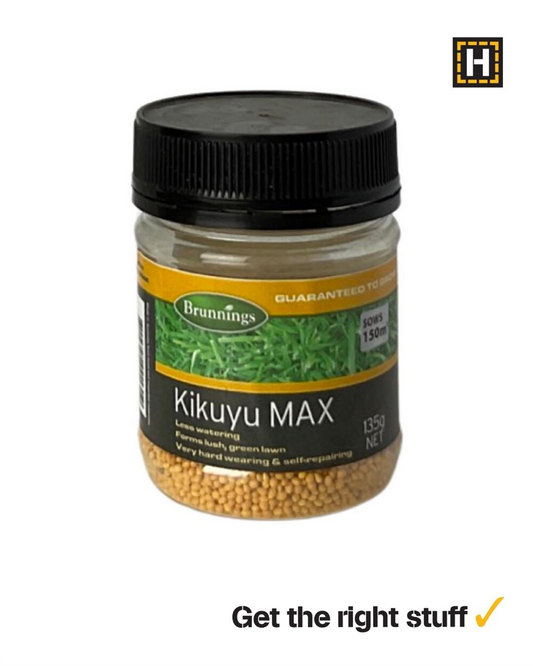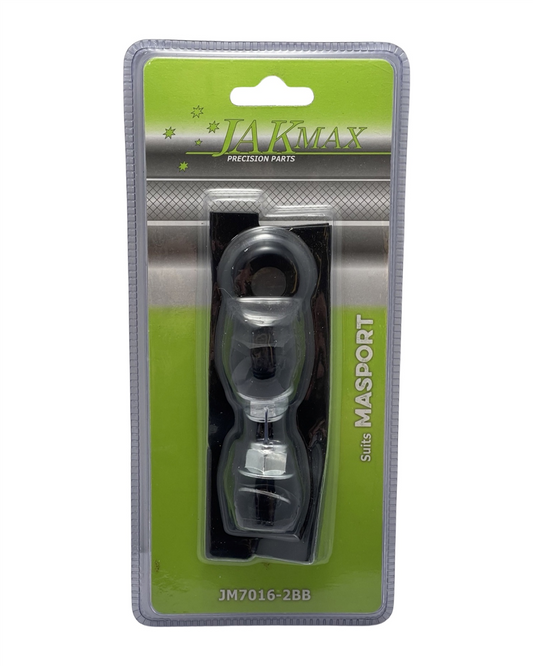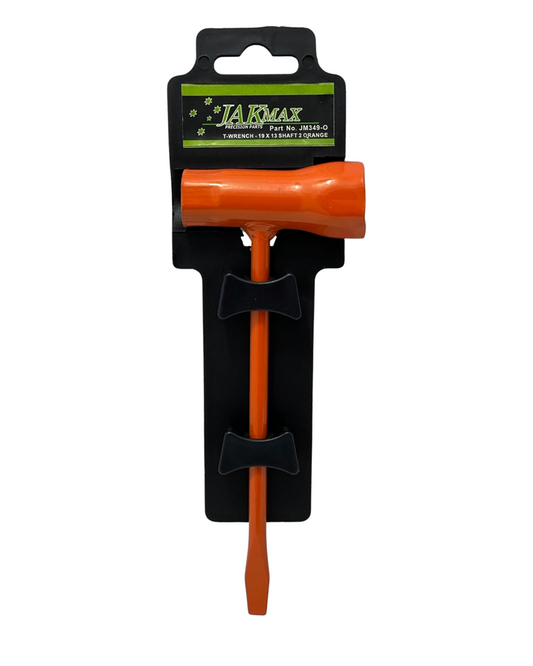Gardeners swear by Seasol—what if wasps are the secret sauce you’re overlooking?
Share
They might sting, but wasps in the garden could change how you see pests forever
Primary keyword: wasps in the garden
Complementary keywords: natural pest control, beneficial insects, garden ecosystem
Let’s get one thing clear: wasps aren’t just summer’s cranky gatecrashers. They’re the quiet achievers of the backyard — and they're doing a whole lot more than buzzing around your mango slices.
If you’ve ever had tiny holes chewed through your broccoli leaves or aphids swarming your roses, you’re not alone. But what if the very insect most folks chase away in a panic is one of the best allies your garden has?
“After a group of parasitic wasps moved in among my tomatoes, the caterpillar problem I’d battled for years just... vanished. Not a spray in sight.” — Darren P., backyard grower
Old villain, new role: why wasps deserve a second look
For years, wasps have been cast as the troublemakers — aggressive, unpredictable, and only useful to themselves. But here’s the thing: not all wasps wear the same stripes.
Many are solitary, non-aggressive, and more interested in grabbing insects than your picnic sausage roll. In fact, some of the most common wasp species in our area — like paper wasps, braconid wasps, and ichneumon wasps — are incredibly helpful in controlling garden pests.
They're nature’s hit squad for things like:
- Tomato hornworms
- Caterpillars
- Whiteflies
- Aphids
- Some beetle larvae
So instead of reaching for commercial sprays whenever pests pop up, consider this: your garden might already be hosting a natural pest control team — and they work 24/7, no roster required.
What do wasps actually do?
Different species serve up different services. Here’s where it gets interesting:
Parasitic Wasps
These tiny wasps lay eggs inside or on pest insects. When the larvae hatch, they feed on the host (gruesome, but incredibly effective). Don’t worry — they won’t come after you.
Predatory Wasps
Think of these as aerial hunters. Paper wasps, for example, grab soft-bodied insects like caterpillars and take them back to their nests to feed their young. In doing so, they're quietly keeping pest populations in check — and you didn’t even have to lift a finger.
How to make your garden wasp-friendly (without inviting chaos)
No one wants a swarm under the eaves. But encouraging beneficial wasps doesn’t mean opening up a sting fest — it just means creating the right balance of plants and habitat.
Here’s how to do it, safely and smartly:
- Grow nectar-rich flowers: Dill, fennel, alyssum, yarrow, and marigolds all attract adult wasps because they feed on nectar.
- Skip harsh pesticides: Broad-spectrum insecticides kill off not just pests, but beneficial insects too.
- Leave some wild space: A patch of native shrubs, mulch, or ground cover can provide shelter without encouraging nests near doorways.
- Use decoys: If wasps are nesting too close to outdoor living areas, placing decoy nests can deter them from settling there — they dislike overcrowding.
It’s not about turning your backyard into a wasp sanctuary — it’s about nudging nature in the right direction. Let the right bugs do the work so you don’t have to.
From sprayer to steward: a shift in mindset
Many folks assume their garden’s only healthy if it’s bug-free. But absolute control isn’t just unrealistic — it’s unnatural. The real magic happens when you let systems work instead of trying to outsmart them.
Wasps can be an extra line of defence in building resilience in your patch. They’re not perfect. But when pest outbreaks hit and you’d rather not start another war with the spray bottle... wouldn’t it be nice to know there’s backup from something smaller and smarter?
"Used to need weekly sprays — now, I just watch the wasps take care of business." — Jules, cottage gardener
The takeaway?
Wasps aren’t the enemy — they’re the workforce.
By shifting how we see them, we shift the kind of garden we grow: one that's smarter, more balanced, and a little more self-reliant.
Next time you spot a wasp in the veggie patch, pause before you panic. That might just be your best garden mate on patrol.
Chat soon,
Candeece

Stay Connected
Follow our Facebook Page: Strathalbyn H Hardware on Facebook









